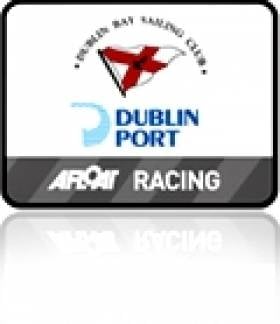Displaying items by tag: Ensign
New 'Ensign' Class Takes off for Dublin Bay Sailing Club
Tomorrow is the penultimate race of the DBSC season, a season in which the 350-boat club tackled the long standing problem of crew shortages. Together with Dun Laoghaire's waterfront yacht clubs, DBSC introduced an 'Ensign Class' to extend the possibility of bay racing to a greater of people.
Up to 1,500 sailors race each Thursday and Saturday during the Summer but typically cruiser classes, which represent the bulk of the fleet, always run short of crew. A typical 30 foot boat can require a crew pool of 15 or more.
People with no experience are now being taken afloat in a cosseted fashion by the club and introduced to the rudiments of sailing.
The idea has proved so successful the National Yacht Club now operates a waiting list for its club 1720 sports boats, the Ensign class of choice.
The hope is that racing skippers, who rarely want complete novices onboard but who are nevertheless short of crew, will be encouraged to pick from those graduating from the Ensigns.
DBSC's Hon-Sec Donal O'Sullivan says the pilot project looks set to continue into the winter for the popular Turkey Shoot Series.





























































